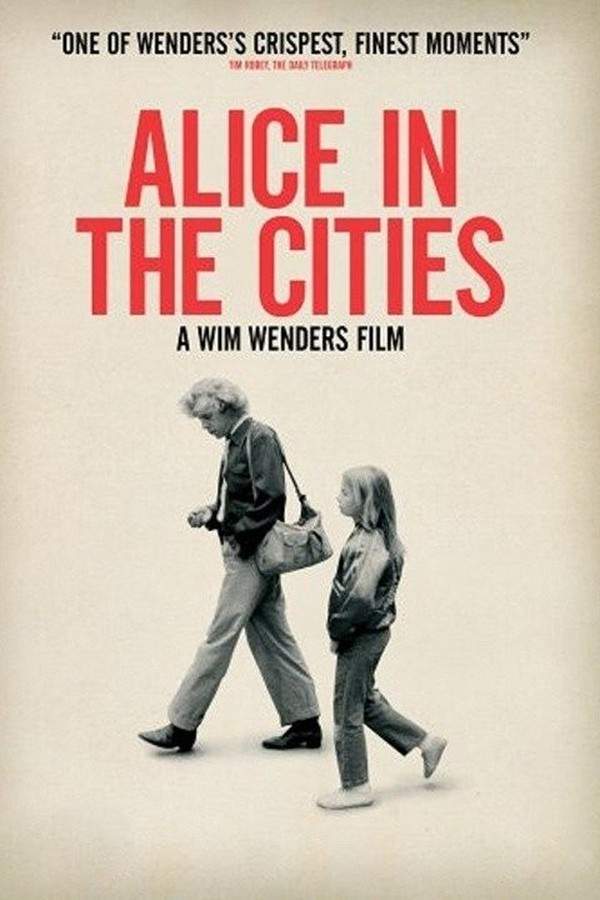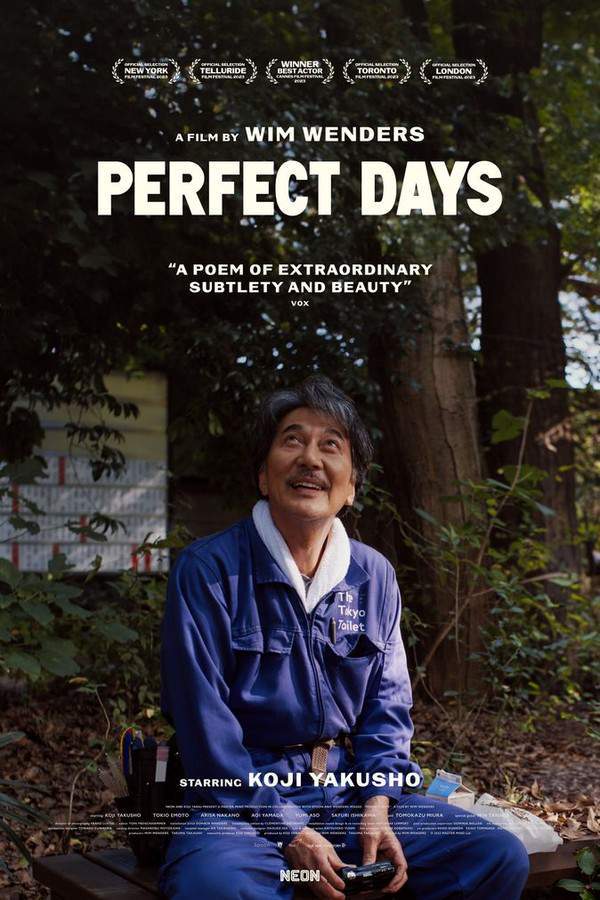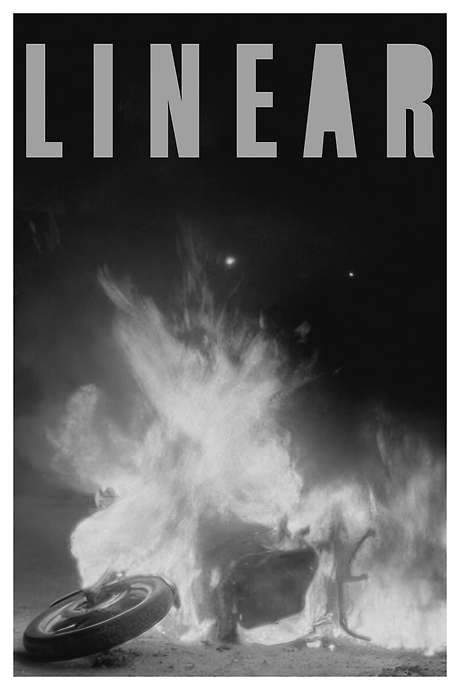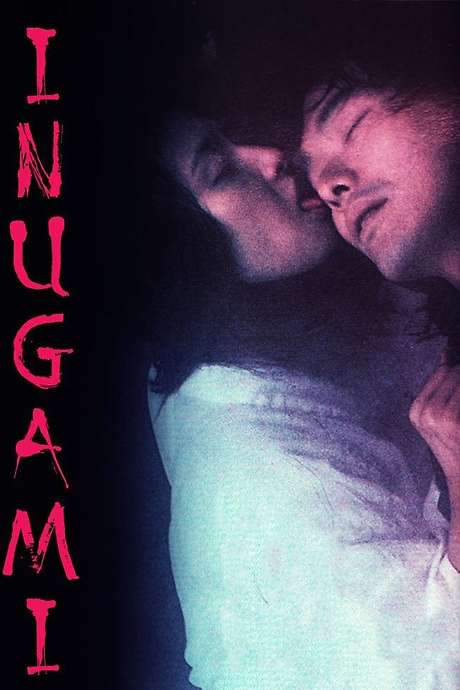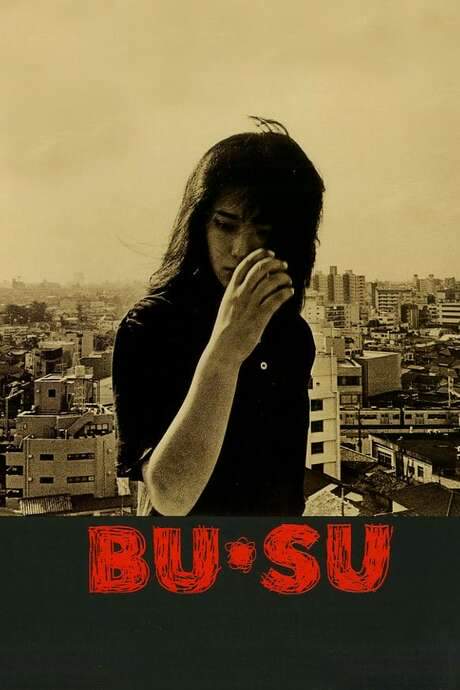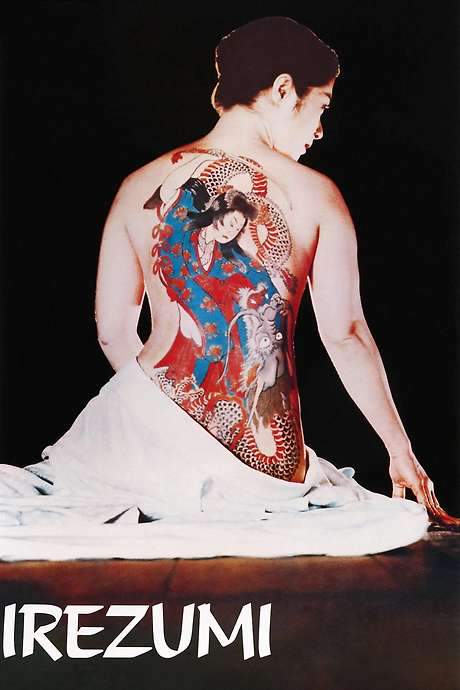
The Dancing Girl of Izu
Year: 1933
Runtime: 94 mins
Language: Japanese
Director: Heinosuke Gosho
A young male student on a tour of the Izu Peninsula encounters a troupe of itinerant dancers and becomes especially drawn to their shy, youngest member. Over several days the two share intimate, memorable moments amid the coastal scenery, before the student must reluctantly part ways with the troupe.
Warning: spoilers below!
Haven’t seen The Dancing Girl of Izu yet? This summary contains major spoilers. Bookmark the page, watch the movie, and come back for the full breakdown. If you're ready, scroll on and relive the story!
The Dancing Girl of Izu (1933) – Full Plot Summary & Ending Explained
Read the complete plot breakdown of The Dancing Girl of Izu (1933), including all key story events, major twists, and the ending explained in detail. Discover what really happened—and what it all means.
A young man from Tokyo, aged twenty, embarks on a reflective journey along the Izu Peninsula during the waning days of summer vacation. His trip is driven by feelings of loneliness and melancholy, prompting him to seek solace in the scenic beauty and quietude of the region. As he makes his way through this coastal area, his path frequently crosses with an itinerant troupe of five musicians—comprised of one man and four women—who are traveling together towards the Mount Amagi tunnel.
Among the group, he is particularly struck by the youngest woman, Kaoru, who carries a large drum on her back. Her delicate, youthful appearance leaves a lasting impression on him, which leads him to follow the troupe as they continue their journey. After passing through the mountain tunnel, the student encounters Eikichi, the group’s leader, who strikes up a conversation with him. Eikichi shares that they are from Ōshima Island, and they are on a brief tour before the colder months arrive.
The group spends the night in Yugano, where the narrator learns more about the members of the troupe. Eikichi reveals that Kaoru is his 14-year-old sister, and the troupe includes his wife, Chiyoko, his mother-in-law, and a maid. That evening, the musicians perform at an inn, entertaining local guests with their songs. During this performance, the narrator hears Kaoru play her drum, and he notices her subtle worries about possibly being harassed by her audience, revealing her innocence and vulnerability.
The following day, the narrator witnesses Kaoru emerging from a bathhouse, waving cheerfully at him. Her playful, unguarded gesture brings a smile to his face, reminding him of her youthful innocence amidst the hardships she faces. Although his visit is nearing its end and he plans to return to Tokyo, he chooses to spend one more day with the troupe, accepting their warm hospitality. During a leisurely walk, he overhears Kaoru and Chiyoko discussing what a kind person he is. This moment of kindness and connection begins to lift his melancholic mood and helps him view the troupe—despite their poverty and limited education—with a newfound appreciation.
Eikichi’s mother-in-law later invites the young man to visit their home during his winter holidays, though she also forbids Kaoru from accompanying him to the cinema, highlighting the modest and constrained circumstances of the group. As dawn breaks on his last day, the young man takes a boat from Shimoda back to Tokyo, where he is seen off by Eikichi and a visibly saddened Kaoru. On the journey, overwhelmed by a mixture of sadness and a strange sense of relief, he begins to cry, feeling the weight of farewell but also a quiet sense of liberation from his earlier melancholy.
Throughout this poignant encounter, the film captures themes of innocence, connection, and the fleeting nature of youth and companionship, set against the backdrop of a serene yet transient rural landscape. The characters’ simple lives and unspoken emotions resonate deeply, leaving a lasting impression of quiet beauty and ephemeral human bonds.
Last Updated: August 19, 2025 at 05:13
Explore Movie Threads
Discover curated groups of movies connected by mood, themes, and story style. Browse collections built around emotion, atmosphere, and narrative focus to easily find films that match what you feel like watching right now.
Movies about fleeting encounters like The Dancing Girl of Izu
Stories about brief, meaningful connections that linger long after parting.Find more movies like The Dancing Girl of Izu that explore short-lived but deeply impactful romances and friendships. If you enjoyed the bittersweet story of a brief encounter on a journey, these films capture similar feelings of transient connection and nostalgic parting.
Narrative Summary
The narrative pattern follows a protagonist, often traveling or in a transitional phase, who meets another character or group. They share a period of intense, genuine connection, creating memories that are all the more precious because of their impermanence. The story concludes with a parting that is sad but often infused with a sense of gratitude for the experience.
Why These Movies?
These movies are grouped together because they share a specific emotional arc centered on ephemeral relationships. They prioritize mood and emotional resonance over complex plots, delivering a powerful, bittersweet feeling that comes from beautifully captured, temporary connections.
Quiet journey movies similar to The Dancing Girl of Izu
Slow-paced travelogues where the landscape mirrors an internal emotional shift.Discover films with a similar vibe to The Dancing Girl of Izu, where a character's travel leads to quiet self-reflection. These slow-paced dramas use scenic backdrops to explore themes of loneliness, innocence, and gentle coming-of-age experiences.
Narrative Summary
The narrative is less about external conflict and more about an internal journey. A character, often feeling isolated or searching for something undefined, embarks on a trip. The people and places they encounter act as catalysts for reflection, leading to a quiet, often unspoken, emotional transformation or a clearer sense of self by the end.
Why These Movies?
These films are united by their meditative pace, emphasis on atmosphere, and focus on internal change over external plot. They offer a serene, reflective viewing experience centered on character mood and the symbolic power of the journey itself.
Unlock the Full Story of The Dancing Girl of Izu
Don't stop at just watching — explore The Dancing Girl of Izu in full detail. From the complete plot summary and scene-by-scene timeline to character breakdowns, thematic analysis, and a deep dive into the ending — every page helps you truly understand what The Dancing Girl of Izu is all about. Plus, discover what's next after the movie.
The Dancing Girl of Izu Timeline
Track the full timeline of The Dancing Girl of Izu with every major event arranged chronologically. Perfect for decoding non-linear storytelling, flashbacks, or parallel narratives with a clear scene-by-scene breakdown.

Characters, Settings & Themes in The Dancing Girl of Izu
Discover the characters, locations, and core themes that shape The Dancing Girl of Izu. Get insights into symbolic elements, setting significance, and deeper narrative meaning — ideal for thematic analysis and movie breakdowns.

The Dancing Girl of Izu Spoiler-Free Summary
Get a quick, spoiler-free overview of The Dancing Girl of Izu that covers the main plot points and key details without revealing any major twists or spoilers. Perfect for those who want to know what to expect before diving in.

More About The Dancing Girl of Izu
Visit What's After the Movie to explore more about The Dancing Girl of Izu: box office results, cast and crew info, production details, post-credit scenes, and external links — all in one place for movie fans and researchers.

Similar Movies to The Dancing Girl of Izu
Discover movies like The Dancing Girl of Izu that share similar genres, themes, and storytelling elements. Whether you’re drawn to the atmosphere, character arcs, or plot structure, these curated recommendations will help you explore more films you’ll love.
Explore More About Movie The Dancing Girl of Izu
The Dancing Girl of Izu (1933) Scene-by-Scene Movie Timeline
The Dancing Girl of Izu (1933) Movie Characters, Themes & Settings
The Dancing Girl of Izu (1933) Spoiler-Free Summary & Key Flow
Movies Like The Dancing Girl of Izu – Similar Titles You’ll Enjoy
Inugami (2001) Story Summary & Characters
Utsushimi (2000) Full Movie Breakdown
Pink Curtain (1982) Full Movie Breakdown
The Makioka Sisters (1983) Complete Plot Breakdown
The Dancer (1989) Story Summary & Characters
BU・SU (1987) Ending Explained & Film Insights
Irezumi (1982) Story Summary & Characters
A Girl on the Shore (2021) Plot Summary & Ending Explained
The Izu Dancer (1974) Full Summary & Key Details
Sisters of the Gion (1936) Full Movie Breakdown
The Strange Tale of Oyuki (1992) Complete Plot Breakdown
Lovers Are Wet (1973) Story Summary & Characters
In the Realm of the Senses (1976) Full Summary & Key Details
Wet Dice (1974) Complete Plot Breakdown
Dear Summer Sister (1972) Plot Summary & Ending Explained

